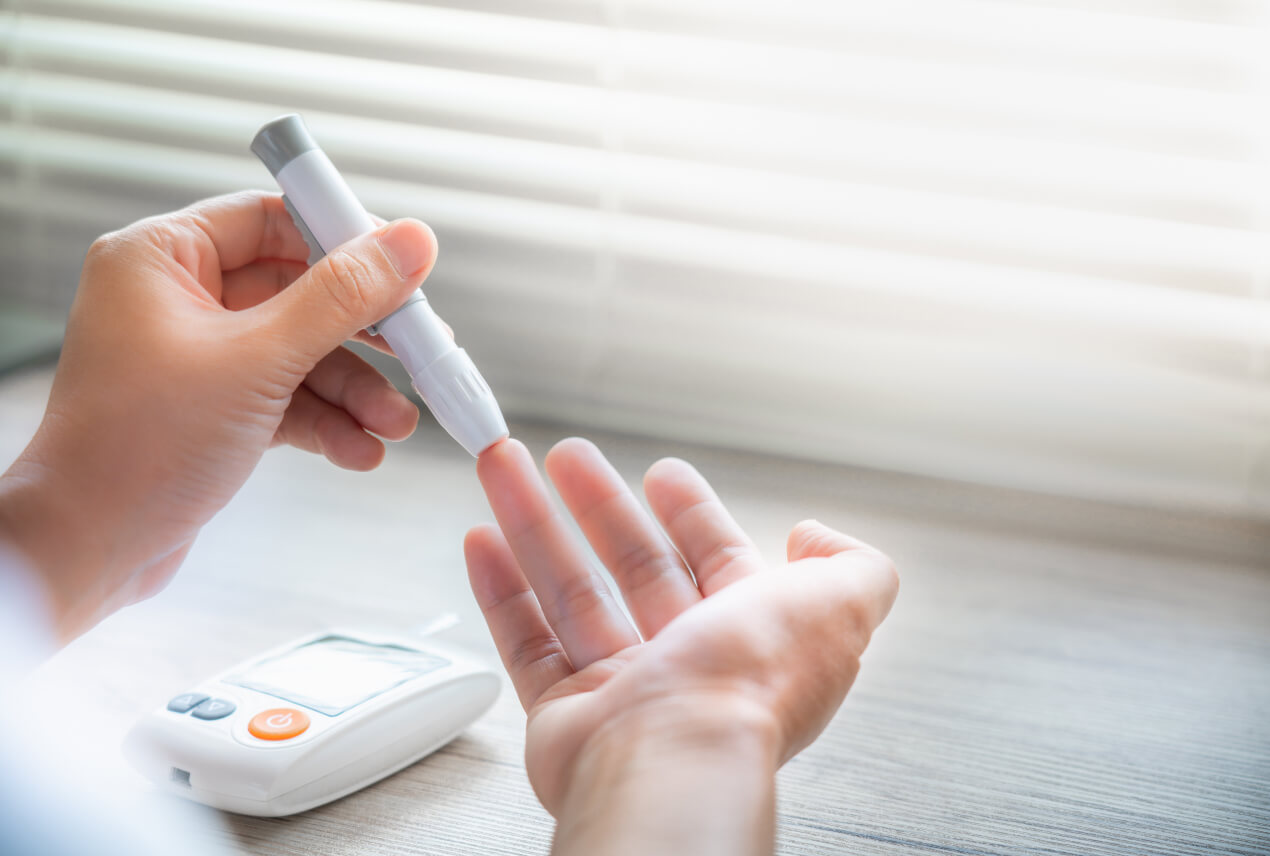Hyperglycemia occurs when the level of sugar in your blood is too high. The opposite of hyperglycemia is hypoglycemia, which occurs when your blood sugar levels are too low.
Here we discuss high blood sugar, what causes it and how it can affect your sexual health.













